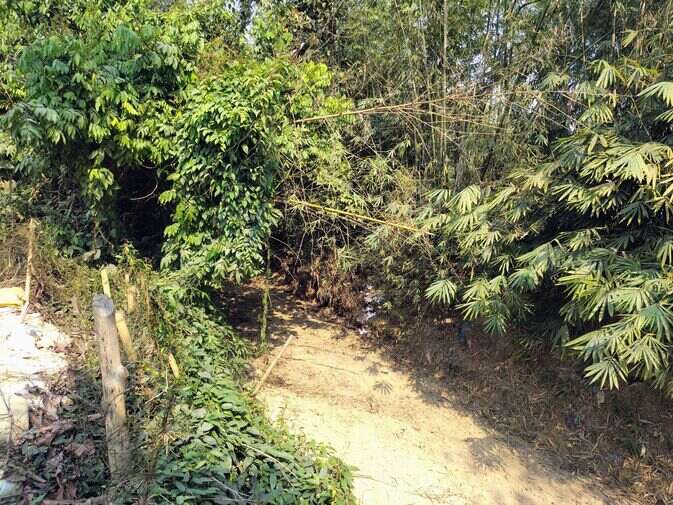The natural streams (Jhiri) along Cox’s Bazar coast are rapidly shrinking due to encroachment and disappearance, raising serious environmental and disaster risks. These streams are crucial in draining rainwater from the hills into the sea.
However, unplanned development and land grabbing disrupt this natural water flow, threatening the ecosystem and local communities.
Potential Consequences
Jhiri streams help drain rainwater quickly. Their disappearance could lead to waterlogging, especially during the monsoon, increasing urban flood risks.
These streams reduce pressure from hill runoff, preventing landslides. However, as they decline, excess water erodes hillsides, escalating the risk of deadly landslides.
When the natural water flow is disrupted, rainwater seeks new pathways, accelerating soil erosion. This could damage farmlands and forests, threatening livelihoods.
Jhiri streams support aquatic life and vegetation. Their disappearance destroys habitats, disturbing the ecological balance.
These streams serve as a natural water source for many locals. If they vanish, access to fresh water will become more complex.
Experts Warn of Urgent Action
Environmentalists stress that Cox’s Bazar’s coastal and hilly regions could face severe natural disasters without immediate measures. They urge local authorities and conservation groups to act swiftly to preserve and restore these vital streams.
By Rajin Saleh
Photo: Rajin Saleh









